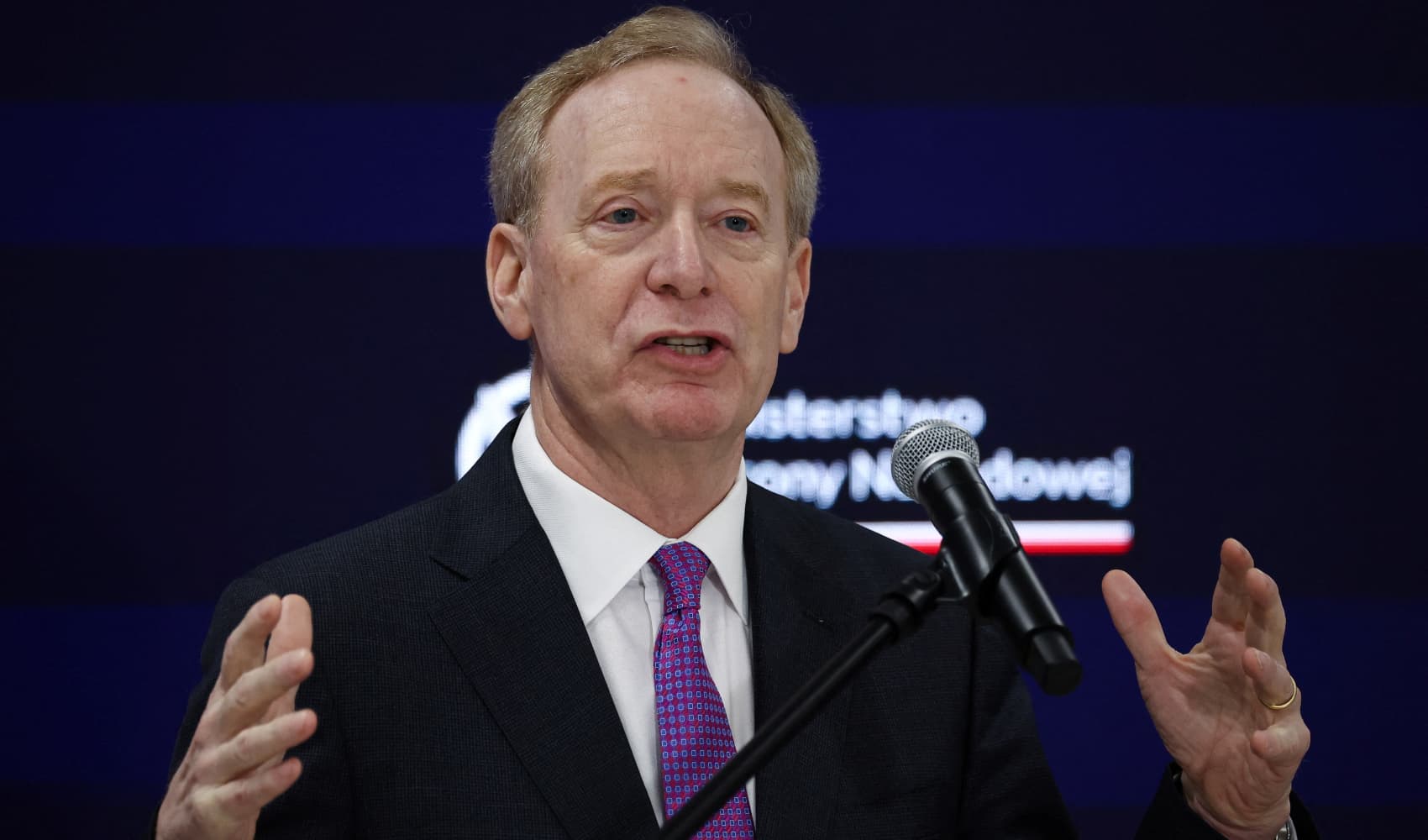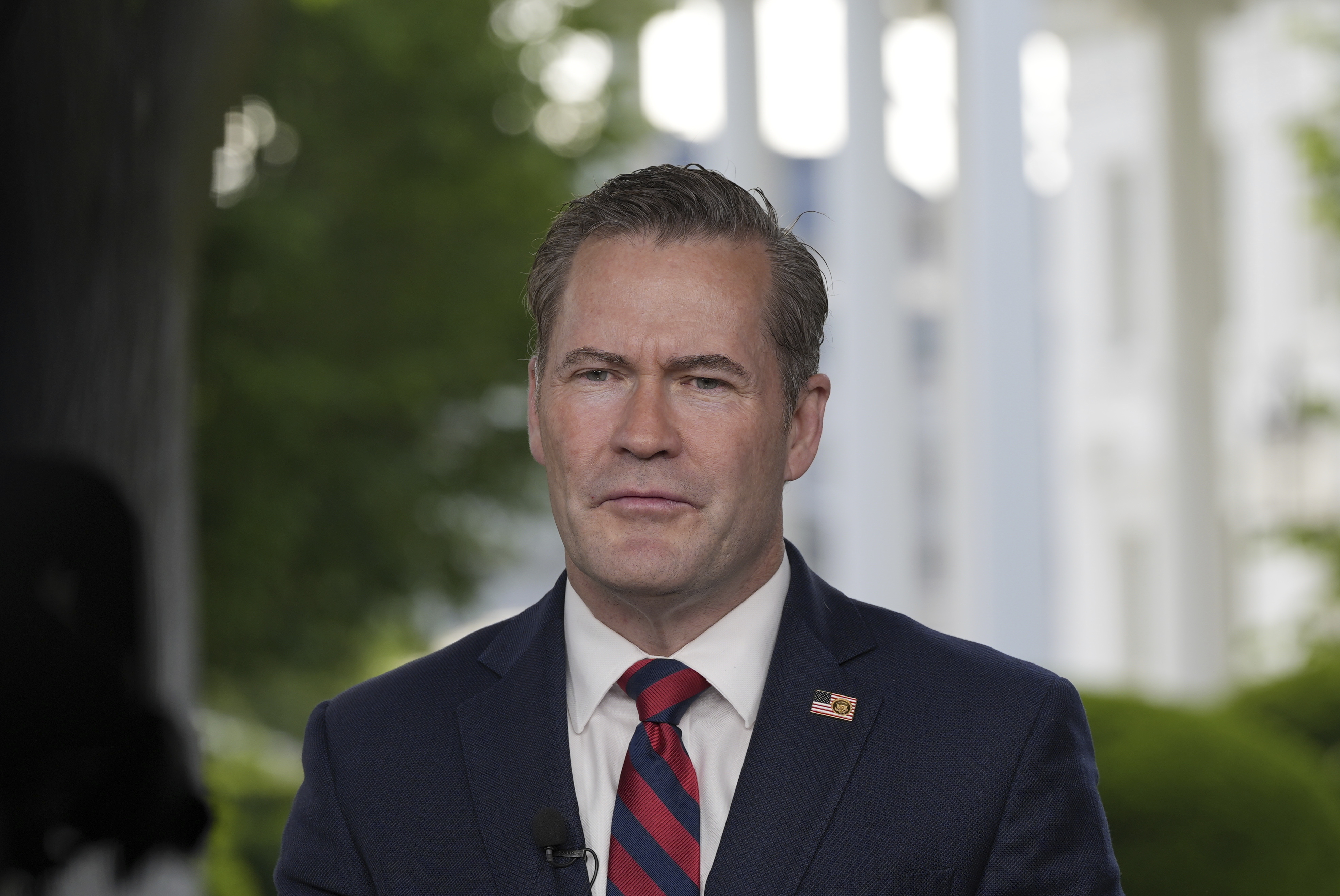UK Crypto Rules: US Collab & What It Means For You
UK Crypto Revolution: New Rules & US Collaboration Spark Optimism
Introduction: A New Dawn for Crypto in the UK?
The UK is taking a bold step forward in regulating the often-turbulent waters of cryptocurrency. Think of the crypto world as the Wild West – exciting, full of potential, but also a little chaotic. Well, Britain is looking to become the sheriff, bringing order and stability to this digital frontier. Recently, Finance Minister Rachel Reeves announced a raft of draft rules designed to bring crypto exchanges, dealers, and agents under a comprehensive regulatory framework. This move isn't just about control; it's about fostering innovation and attracting investment while protecting consumers. And perhaps even more significantly, the UK is seeking closer collaboration with the US to ensure a coordinated and responsible approach to digital asset regulation. Buckle up, because this could change the game!
The UK's Regulatory Ambitions: A World Leader?
Reeves didn't mince words when she stated that the UK intends to become a "world leader in digital assets." Ambitious, right? But is it achievable? The key lies in striking the right balance between encouraging innovation and managing risk. The draft rules are designed to provide clarity and certainty for businesses operating in the crypto space. This, in turn, should attract investment and create jobs. Think of it like building a stable bridge across a chasm; it allows for smoother passage and encourages greater exploration.
Details of the Draft Rules: What We Know So Far
So, what exactly do these draft rules entail? While the full details are still emerging, we know that they aim to bring crypto exchanges, dealers, and agents under the regulatory umbrella. This means they will likely be subject to similar rules and regulations as traditional financial institutions, including anti-money laundering (AML) requirements and consumer protection measures. Imagine it like extending existing financial regulations to cover this new digital landscape. More specifics will be necessary as the draft becomes law.
The US Collaboration: A Transatlantic Approach
The most intriguing aspect of this announcement is the UK's intention to deepen regulatory cooperation with the United States. Why is this important? Well, the crypto market is global, and a coordinated approach is essential to prevent regulatory arbitrage, where businesses simply relocate to jurisdictions with weaker rules. This transatlantic partnership could set a global standard for crypto regulation. It's like two powerful allies working together to create a unified defense strategy.
Why Regulate Crypto? The Benefits and Challenges
Consumer Protection: A Top Priority
One of the primary reasons for regulating crypto is to protect consumers. The crypto market can be volatile and risky, and many investors are unfamiliar with the technology and the potential pitfalls. Regulation can help to reduce fraud, scams, and other forms of consumer abuse. It’s like providing a safety net for those venturing into unfamiliar territory.
Combating Money Laundering: A Global Concern
Cryptocurrencies have been used for money laundering and other illicit activities, which is a major concern for regulators around the world. Regulation can help to prevent the use of crypto for these purposes by requiring exchanges and other crypto businesses to implement AML measures. Consider it like plugging loopholes in the financial system to prevent illegal activity.
Financial Stability: Maintaining Equilibrium
While still relatively small, the crypto market has the potential to impact financial stability, particularly if it becomes more interconnected with the traditional financial system. Regulation can help to mitigate this risk by ensuring that crypto businesses are properly capitalized and that they manage their risks effectively. It is about ensuring that a small wave won't turn into a tsunami.
The Potential Downsides: Stifling Innovation?
The Risk of Overregulation: A Delicate Balance
While regulation is necessary, there is also a risk of overregulation, which could stifle innovation and drive crypto businesses to other jurisdictions. It's a delicate balancing act, trying to protect consumers without hindering progress. The UK needs to strike the right balance to remain competitive.
Impact on Smaller Businesses: Levelling the Playing Field
The cost of compliance with regulations can be significant, particularly for smaller businesses. This could create a barrier to entry and make it more difficult for new players to compete. Consider it like increasing the cost of starting a business in a particular sector. The government needs to consider ways to mitigate this impact.
The Future of Crypto in the UK: What to Expect
Increased Adoption: Mainstream Acceptance
With clear and consistent regulation, we can expect to see increased adoption of cryptocurrencies in the UK. More businesses will be willing to accept crypto as payment, and more individuals will be willing to invest in digital assets. Imagine crypto becoming as commonplace as using a credit card.
Innovation and Growth: A Thriving Ecosystem
Regulation can also foster innovation and growth in the crypto industry. By providing clarity and certainty, it can encourage businesses to invest in new technologies and develop new products and services. Think of it as creating a fertile ground for new ideas to flourish.
How This Impacts the Average UK Citizen: Opportunities and Risks
Investment Opportunities: Diversifying Portfolios
For the average UK citizen, this could mean new investment opportunities. Cryptocurrencies offer the potential for high returns, but also come with significant risks. It’s crucial to do your research and understand the risks before investing.
Increased Awareness: Staying Informed
Regulation will also likely lead to increased awareness of cryptocurrencies and their potential benefits and risks. This is important for ensuring that people make informed decisions about whether or not to invest in crypto. It is like knowing what you are buying.
Global Implications: Setting a Precedent
A Model for Other Countries: Leading by Example
The UK's approach to crypto regulation could serve as a model for other countries around the world. By working with the US, the UK can help to establish a global standard for crypto regulation. It is about showing other countries what is possible.
Regulatory Competition: A Race to the Top?
It could also lead to regulatory competition, as countries compete to attract crypto businesses and investment. This could be a good thing, as it could encourage countries to develop more innovative and effective regulatory frameworks. Imagine it like a friendly competition to see who can create the best regulatory environment.
Conclusion: A Promising Path Forward
The UK's announcement of draft rules for the crypto industry and its plan to collaborate with the US marks a significant step forward. While challenges remain, this move has the potential to bring greater stability, security, and innovation to the crypto market. The key is to strike the right balance between regulation and innovation to ensure that the UK remains a leading destination for crypto businesses and investors. This is more than just regulation, it is an invitation for the future of digital currency.
Frequently Asked Questions
Q1: What exactly are cryptocurrencies and why are they so popular?
A1: Cryptocurrencies are digital or virtual currencies that use cryptography for security. They're popular because they offer a decentralized alternative to traditional currencies, potential for high returns, and can be used for online transactions.
Q2: How will these new regulations impact crypto exchanges in the UK?
A2: Crypto exchanges will likely need to comply with stricter rules, including AML requirements, consumer protection measures, and capital adequacy standards. This could increase their operating costs but also enhance their credibility and attract more users.
Q3: What are the risks of investing in cryptocurrencies?
A3: The risks include price volatility, the potential for fraud and scams, regulatory uncertainty, and the possibility of losing your entire investment. It's essential to do your research and understand the risks before investing.
Q4: How will the collaboration between the UK and the US affect the global crypto market?
A4: This collaboration could lead to a more coordinated and consistent approach to crypto regulation globally. This could help to reduce regulatory arbitrage and create a more level playing field for businesses operating in the crypto space.
Q5: Will these regulations make it harder to use cryptocurrencies in the UK?
A5: Initially, there might be some adjustments as businesses comply with the new rules. However, in the long run, the regulations are designed to legitimize crypto and make it easier to use by increasing trust and security. This could lead to wider adoption and more acceptance from businesses.




